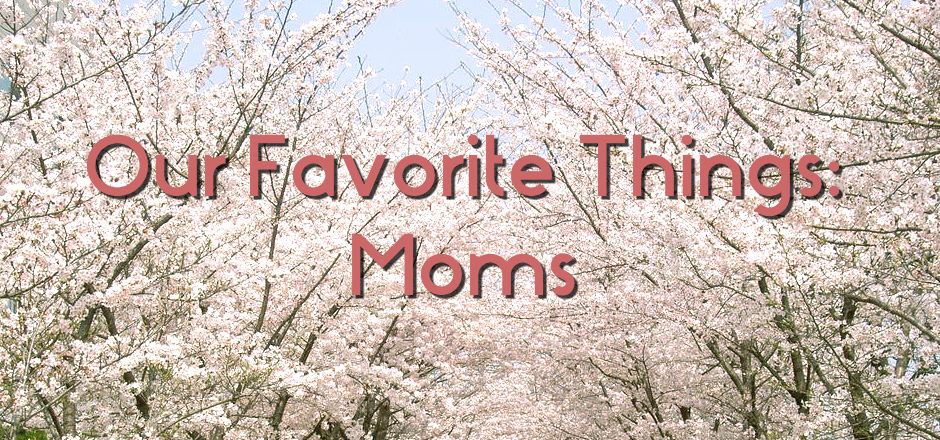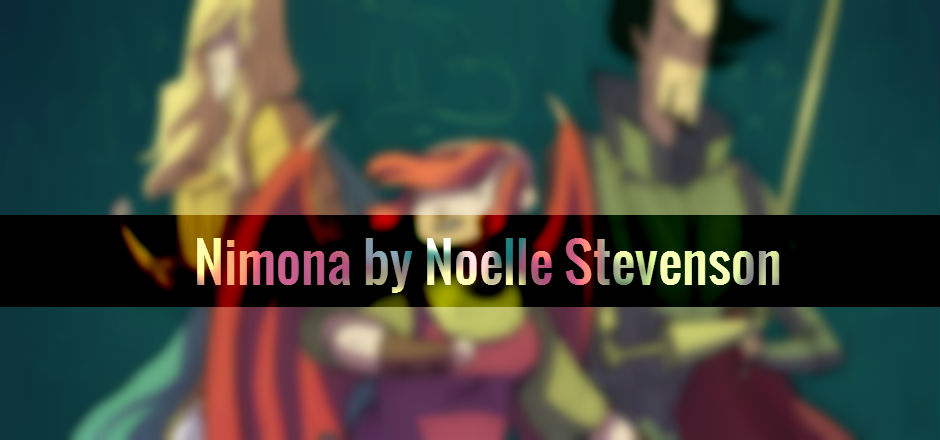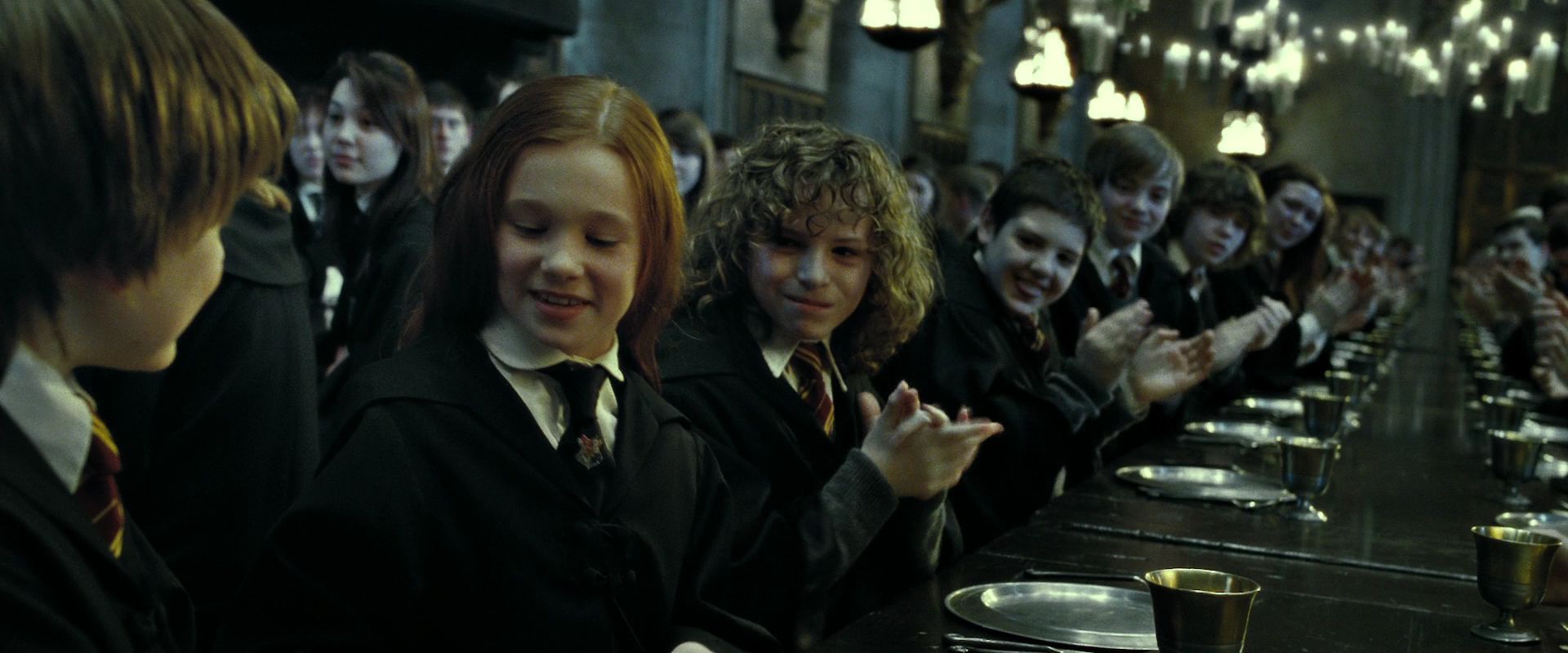Kyoko Honda, Fruits Basket
Not only are good mothers in anime scarce, but most of the good ones are usually dead by the time the story begins. Kyoko is not an exception in that case, but the difference is that, while she is dead when the story starts and her death is the catalyst for the events that unfurl through the series, Kyoko Honda is one of the most important presences in the entire Fruit Baskets series. Kyoko’s life was not a good one and, for a person with so much love and kindness to give to everyone, she never received much of her own. Her parents were cold and unloving, and she was so desperate for their attention and love when she was young that she behaved erratically and even joined a gang. Her gang brutalized and abandoned her, her parents disowned her, but somebody else stayed: a boy named Katsuya, who finally gave her the love she desperately wanted, but after a couple of years of marriage and a daughter, Katsuya fell ill and died. Kyoko was devastated to the point that she considered drowning herself because the only person that had ever loved her had also abandoned her, but she immediately snapped back to reality and remembered her young, defenseless daughter Tohru and she decided to pour all her love and care into her innocent little daughter, which, by the end of the series, saved every single member of the Sohma family.
Everything that made Tohru who she was came from her mother’s influence. Kyoko thought Tohru to be kind to everyone around her, to love everyone, no matter who they were, where they came from or what they looked like, and to always be there for whoever needed it. She taught her to be strong, to repay cruelty with kindness, and to defend and protect those around her. She taught Tohru to dream, to believe, and to never let anyone rob her of her hope. When the story starts, Tohru is mourning her mother, alone in the forest in a tent with the only few possessions that she owns after being thrown out of her house, but she is happy and hopeful and resilient, because that’s the kind of person her mother taught her to be. And once the fate of the Sohma family rested in her hands, Tohru never gave up, and with the memory of her mother and all that she had taught her, she pushed on and finally gave the Sohma family freedom from her curse, and that was all due to the wonderful mother Kyoko had been and how her kind spirit lingered long after death.
– Lorraine Acevedo Franqui, Staff Writer
Rosethorn, Circle of Magic series
While there are plenty of excellent mothers in entertainment, there are also plenty of wonderful and compassionate adoptive mothers, and my favorite of these is Dedicate Rosethorn in Tamora Pierce’s Circle of Magic quartet, The Circle Opens quartet, and additional books set in the same universe. One of the “house mothers” in Discipline Cottage, Rosethorn is a mother figure from the get-go, but only after going through a number of adventures, successes, and hardships with her four kids – especially Briar, who becomes her student of green magic – does her role as a mother figure and Briar’s adoptive mother truly stand out. In the most recent Circle novel, Battle Magic, her incredible motherly love for Briar and his own student, Evvy, takes center stage as she tries her best to protect her children from the worst the world has to offer them. Though she learns that she can’t shield her children forever – a lesson all mothers must learn – that never changes her love for and support of them.
– Feliza Casano, Editor
Cersei Lannister, A Song of Ice and Fire
In the interest of keeping things exciting – happiness is wonderful, but is it really so compelling? – and also because there’s nothing quite like a good case of mommy issues, I’m staking my “favorite entertainment mother” claim to none other than the singular Cersei Lannister. Cersei, from George R. R. Martin’s A Song of Ice and Fire and its TV adaption, is hardly Mother of the Year; if anything, she’s probably the antithesis, and the conception of her children is very much aligned with that designation. Colored by increasingly rampant alcoholism (in Thrones, do we ever see her without a glass of wine in her hand anymore?) and a well-cultivated pragmatic bitterness for the world around her and the limitations it’s imposed on her, particularly as a woman, Cersei is easily one of the more engaging characters in an ensemble cast of individuals each more interesting than the last. It is the absence of these same designations, however, that highlight Cersei’s role as a mother: she is pragmatic, certainly, but the love she has for her children, even (and especially!) Joffrey, precedes nearly all else. Despite such prioritization thereof, Cersei’s motherhood does not define her, and it’s for that reason that I find myself so drawn to her. Cersei is a mother, yes, but she does not let her motherhood define her: in a universe where womanhood is, more than anything else, delimiting, and, moreover, the expected raison d’être for women, Cersei actively refuses to let herself be so vectorized.
– Hannah Pingleton, LGBTQ Writer
Linda Belcher, Bob’s Burgers
Simply put, Linda Belcher is a queen. Whether it’s encouraging Bob to have a pretend affair with her sister Gayle to boost her self-esteem or supporting one of Tina, Gene, and Louise’s countless hobbies (that are weird as hell, more often than not), Linda’s up for anything. It’s easy to recognize the people and things she loves most—her family, singing, and dinner theater—and her constant positivity, support, and upbeat attitude are infectious. I’m pretty sure anyone would be psyched to have Linda as a mom, and she’s easily one of my favorite parts of one of my favorite shows.
– Allison Racicot, Audiobook Reviewer






